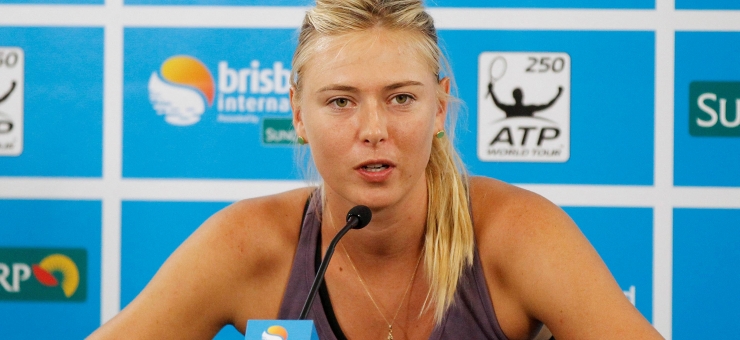MENU
Affiliates only
Login
Login

In an interview with Australian broadcaster ABC, Head of UNI World Athletes Brendan Schwab called for a greater focus on the prevention of doping violations, rather than the current emphasis on deterrence and punishment, even at the expense of athletes who are not cheats but inadvertently breach anti-doping regulations.
UNI World Athletes has well known concerns about the ineffectiveness of current anti-doping regulation and its disproportionate treatment of athletes. Schwab has called for the current system, which places an absolute onus on the athlete, to be replaced by one where sports and player associations work in partnership to prevent doping.
Russian Tennis star Maria Sharapova’s two year ban for taking a banned substance has reopened the debate on the world’s anti-doping institutions and systems.
Schwab told ABC that the ruling was “very disappointing”. Meldonium - the substance which Sharapova was banned for – has long been on a monitoring list to decide whether it should be on the banned substance list.
Schwab argued that when anti-doping authorities decide to add a substance to the prohibited list, there should be a comprehensive and targeted system of communication in place to contact players.
“Even the International Tennis Federation has acknowledged that she did not intend to cheat”, said Schwab. “The sport and the players could have come together and personally contacted the player to ensure that the contravention of the rules did not occur.”
"Because sport and the players have the same interest and that is to prevent doping — not just to catch cheats," Schwab told the ABC in his interview.
WADA would have to change its rules as it would not be allowed to tell governing bodies who had tested positive in order to warn them because of privacy regulations. UNI World Athletes maintains that those changes can be simply and positively achieved through collective bargaining.
For the full article, please click here.